How long can a watch last, actually? There are several answers floating around. Here are the right ones.
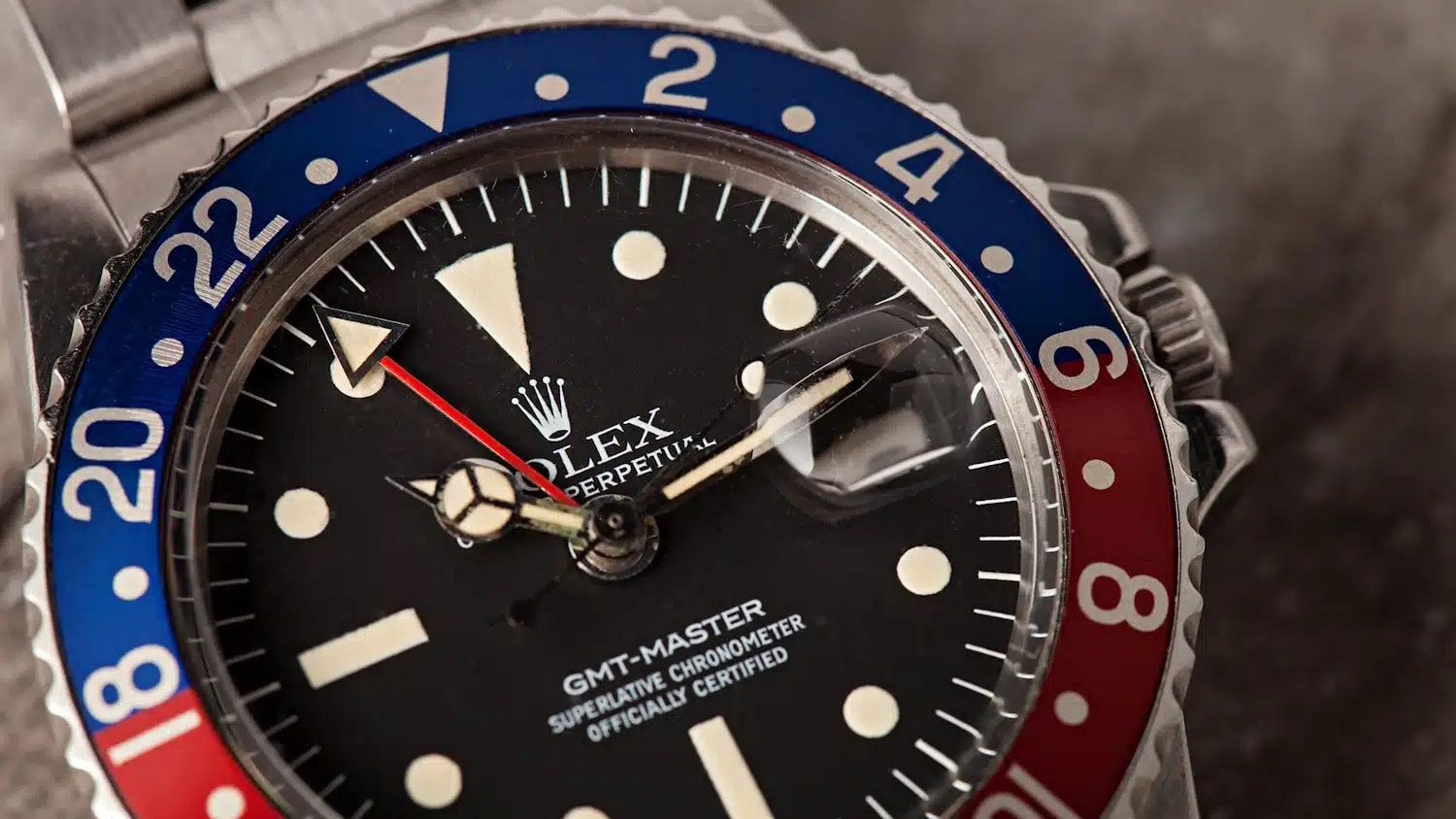
My go-to watch is an Omega from the ‘90s. You may know it as the GoldenEye watch.
I’m a millennial who used to drool over this model, even in its pixelated N64 form, as a kid. It’s still shocking to me that this watch can be categorized as vintage. It works like a dream, though, even today.
An even older watch, I recall a pink gold Rolex timepiece from 1910 being sold at Sotheby’s. (It was a wrist model, not a pocket model.)
It seems whether they be quartz or mechanical, watches can live longer than we do (not to be morbid). This is shocking if you really think about it. It’s especially shocking in today’s world of constant upgrades.
Watches are functional items that can be incredibly resilient.
So, how long is the life of a wristwatch?
Basically, how long a watch lasts depends on what kind of watch it is. That being the case, to answer the question, we’ll have to break it down into a few related questions.
Let’s get to it.
Table of Contents
How Long Do Mechanical Watches Last
To get the obvious out of the way, all mechanical watches have a power reserve, including automatic ones. When a watch is fully wound, the reserve is the amount of time it runs before needing to be wound again.
With automatic watches, as long as you continue to wear it before the reserve runs out, it’ll never need repowering.
But what we actually want to know is how long the overall life of a mechanical watch is. How long can we keep reactivating a timepiece before its soul heads to the big watch box in the sky?
Truly, with proper care, a mechanical watch can actually last forever. After all, it’s a fully analog piece of engineering. Therefore, any part that starts to malfunction can simply be serviced or replaced.
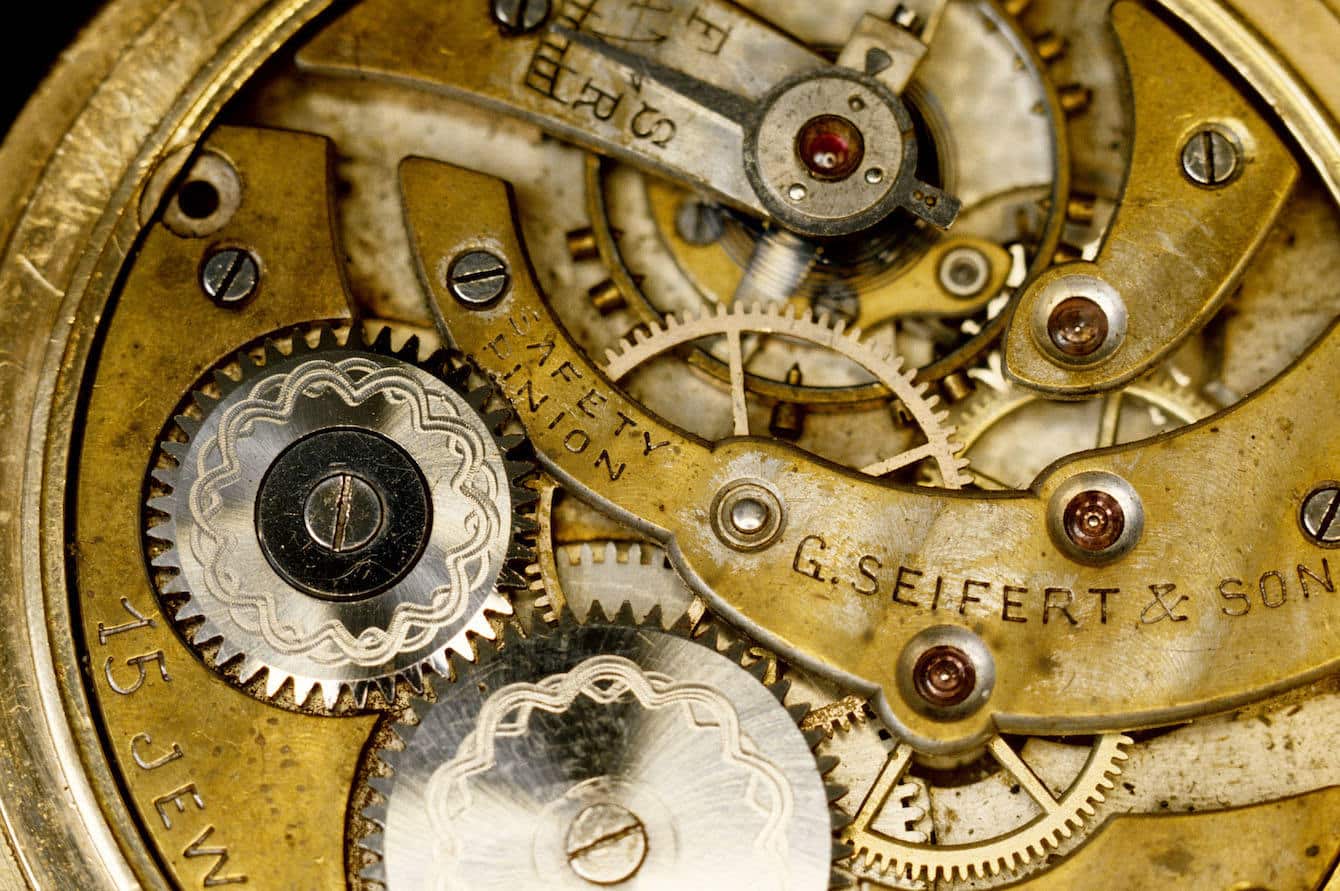
Unless you drop an anvil on it Looney Tunes style, smashing it into tiny pieces, there’s always a way to “switch it back on,” so to speak.
Even many outside forces that negatively affect mechanical movements, like magnetic fields and impact, never permanently damage the watch. It just kind of messes with the accuracy. A worst-case scenario is that it stops it from working before its power reserve is up.
Still, you can always wind it up again.
Of course, if the case of your watch isn’t water resistant, then you want to avoid submerging it. We actually generally recommend avoiding letting your watch get wet. Watch parts are made out of metal and metal corrodes.
Do Automatic Watches Last Forever
The answer is pretty much yes, automatic watches last forever. If you never take your watch off, the automatic movement will just perpetually move.
As a quick reminder, an automatic watch is just a mechanical watch that winds itself via the movement of your wrist. Typically, timepieces that need winding or manual wind watches are referred to as mechanicals. In turn, you’d refer to an automatic mechanical as simply an automatic. However, technically, both are mechanicals.
There’s no immediate harm in letting your automatic watch stop. Have you ever heard the phrase “If you’re resting, you’re rusting”? How about moving it or losing it?
These aphorisms aren’t necessarily true in the case of automatics.
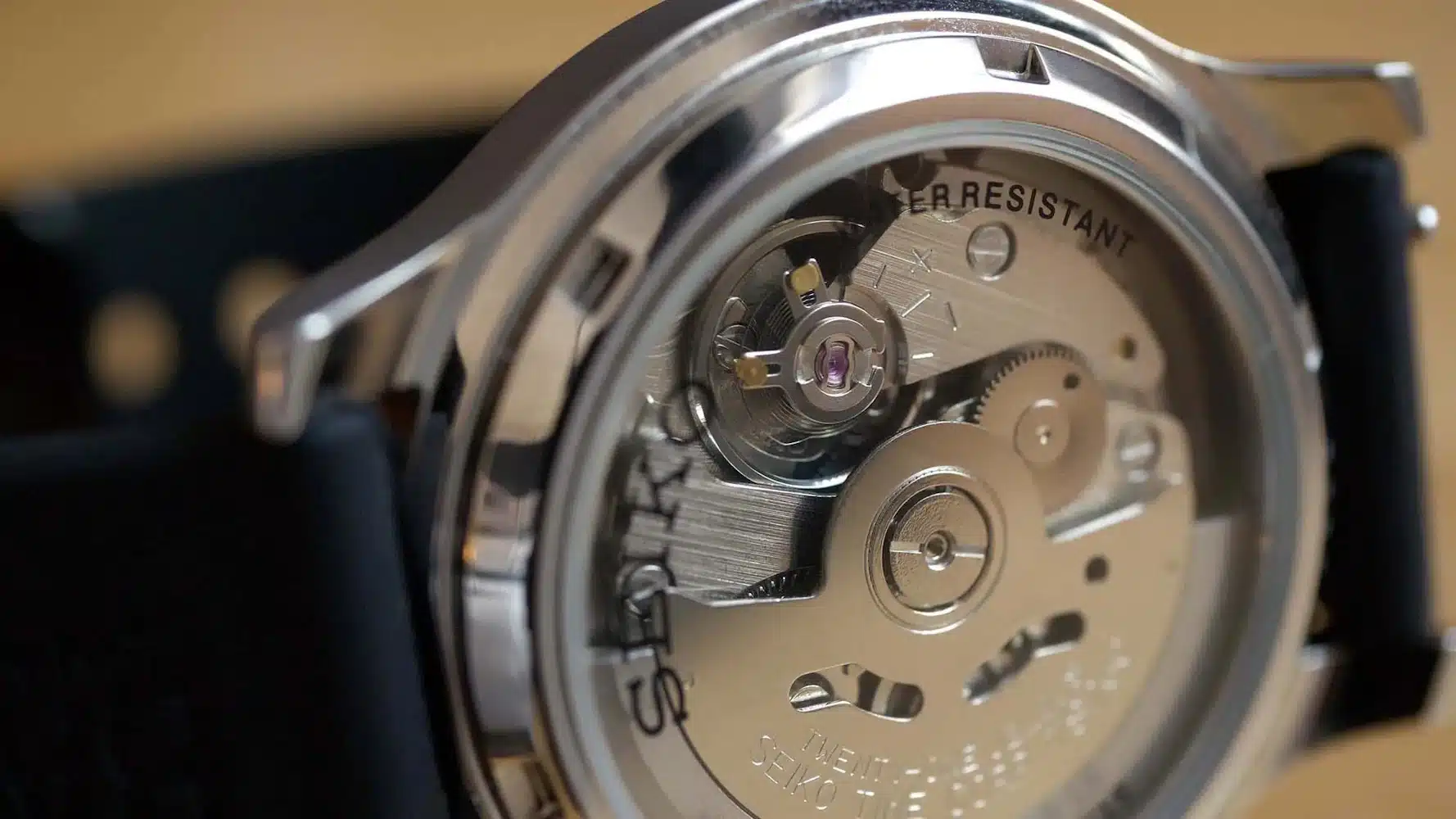
The lubricant won’t dry out faster when the watch is stopped compared to when it’s running. And when it does, you can simply get it serviced. Omega’s Co-Axial movement supposedly won’t need re-oiling for over ten years.
Honestly, if you vacuum seal a high-quality automatic watch and then put it in a vacuum-sealed chamber, it’s almost like cryogenically freezing it. Civilizations far in the future could dig it up and likely reactivate it (given they’d know how).
An automatic watch movement uses mainspring energy. Yes, it’s a million times more complex, but it’s no different than the fact a metal slinky will never stop working if it doesn’t rust.
The Question of Servicing
The only concern when it comes to servicing a malfunctioning mechanical is this: Is it worth the money?
Let’s say you inherit a mechanical watch and find out that servicing it back to life will cost $500. You can buy a brand-new mechanical watch for that money or less.
Of course, it’s totally up to you, and your priorities whether reviving the old watch is worth it.
If you want to wear it for sentimental reasons, then of course you can bring it back to life. Or, you could just wear it unactivated, for style purposes, like Andy Warhol did with his Cartier. If you’re selling it on auction, then you should consider what the returns and risks might be.
Some argue that high-quality automatics like COSC-certified Rolexes are always worth reviving (if it ever comes to that).
How Long Do Quartz Watches Last
Unlike mechanical watches, watches with quartz movements are battery-powered. A quartz crystal is used to regulate an electronic oscillator, resulting in highly accurate timekeeping.
Since they’re electronic, a quartz watch doesn’t have infinite life the way a mechanical one does. They usually use a typical silver oxide cell battery or a bigger lithium cell battery.
Cheaper quartz watches might have a battery life of two years. Higher-quality ones, on the other hand, can last up to ten years or even more. Certain solar quartz watches recharge through light energy and seldom need battery changes.
So, how many battery changes will a quartz watch need before it croaks? Well, it can last you a good 20 or 30 years before the electronic parts completely wear out.
Here’s a fun tidbit, though. The watch itself doesn’t necessarily “die” in the sense it was never alive. The movement is what’s alive. If your quartz Omega movement meets its end, the brand may have an alternative movement that will fit your watch.
The movement is the heart of the watch. Think of this as a heart transplant.
Even if Omega themselves run out of relevant movements, the ETAs and Sellitas of the world likely won’t, at least not in your lifetime.
So, it’s a misnomer to say quartz watches are eternal or even revivable. Though, I think it’s fair to say they’re “renovatable.” Like renovating an old run-down house, though, gutting out and refurbishing an old watch can just be a really complex journey.
How Long Do Apple Watches Last
How long do Apple Watches, in particular, last?
Not very long, but long-lasting technology isn’t the point of an Apple Watch. It can serve you quite well for a good six years before it becomes arguably obsolete.
By the way, if you want to know whether an Apple Watch is for you, check out our deep dive here.
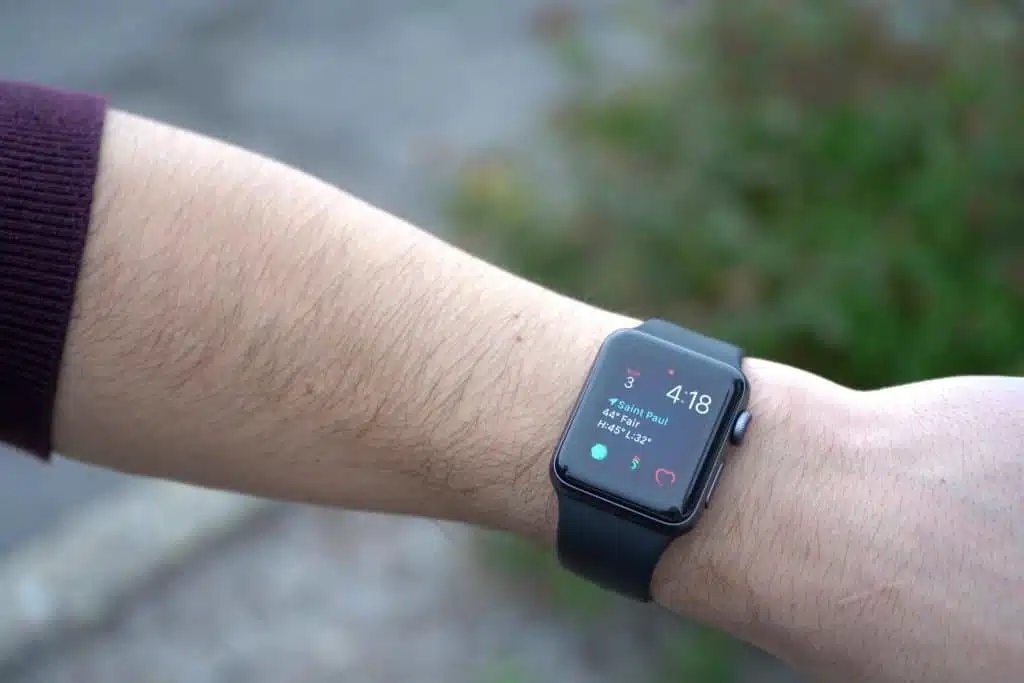
I mean this in the most non-judgmental way possible because I’m an Apple user myself. (And I’m writing this on a MacBook.) Remember when I mentioned that we live in a society that’s all about fleeting technology that needs constant upgrades and replacements? Well, no brand represents that more than Apple.
But again, fast and efficient innovation is a good thing in the digital technology space!
Conclusion: Instant Heirlooms
So basically, mechanical watches live forever. They’re like diamond jewelry in that they don’t have a limited shelf life. It’s just a matter of taking care of them.
And like good jewelry, they make perfect heirlooms.
And hey, depending on what you want out of it, a good quartz watch can also be a lovely souvenir to pass on to your son.
Have you ever revived an old watch? Tell me all about itin the comments!

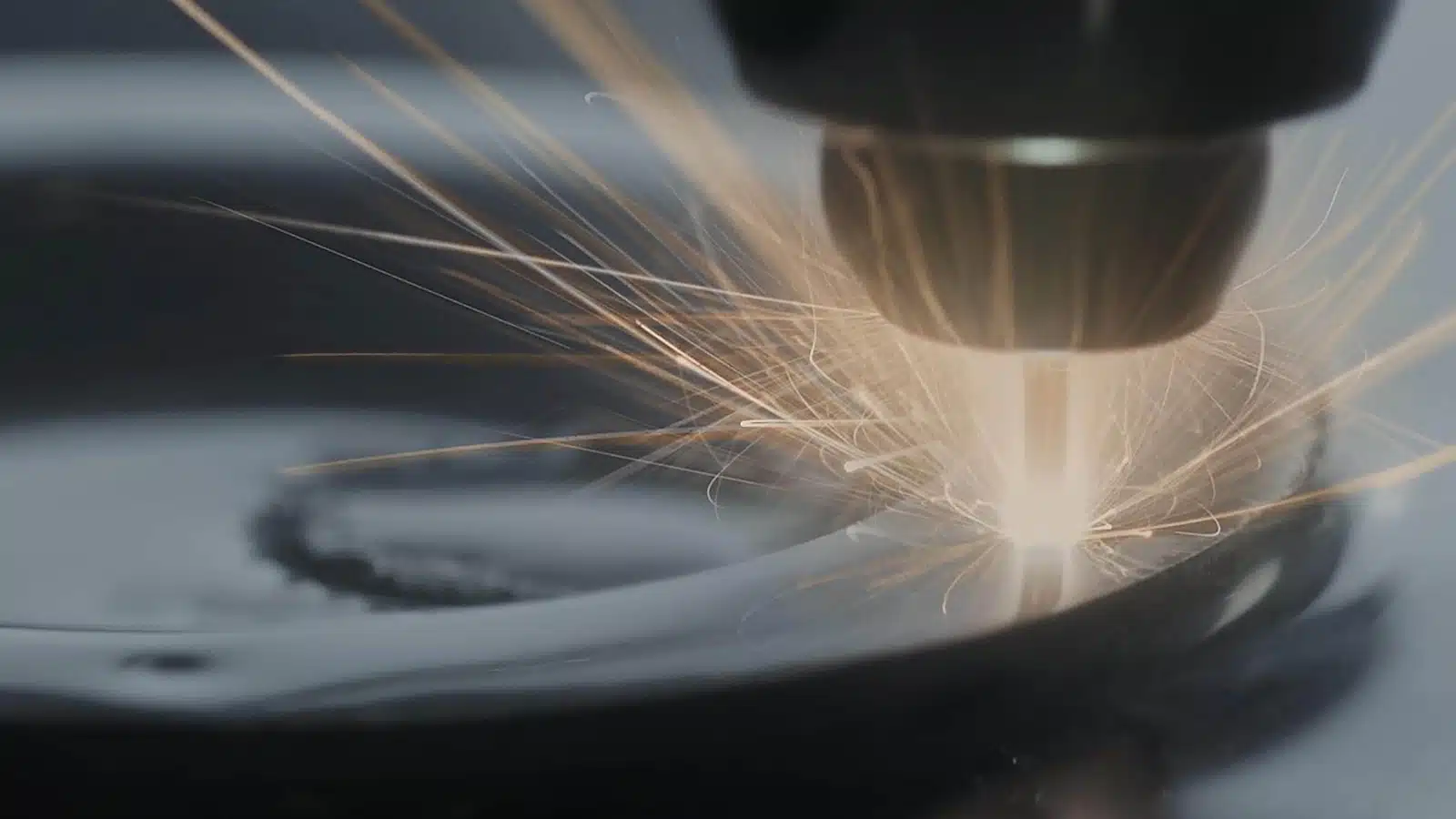
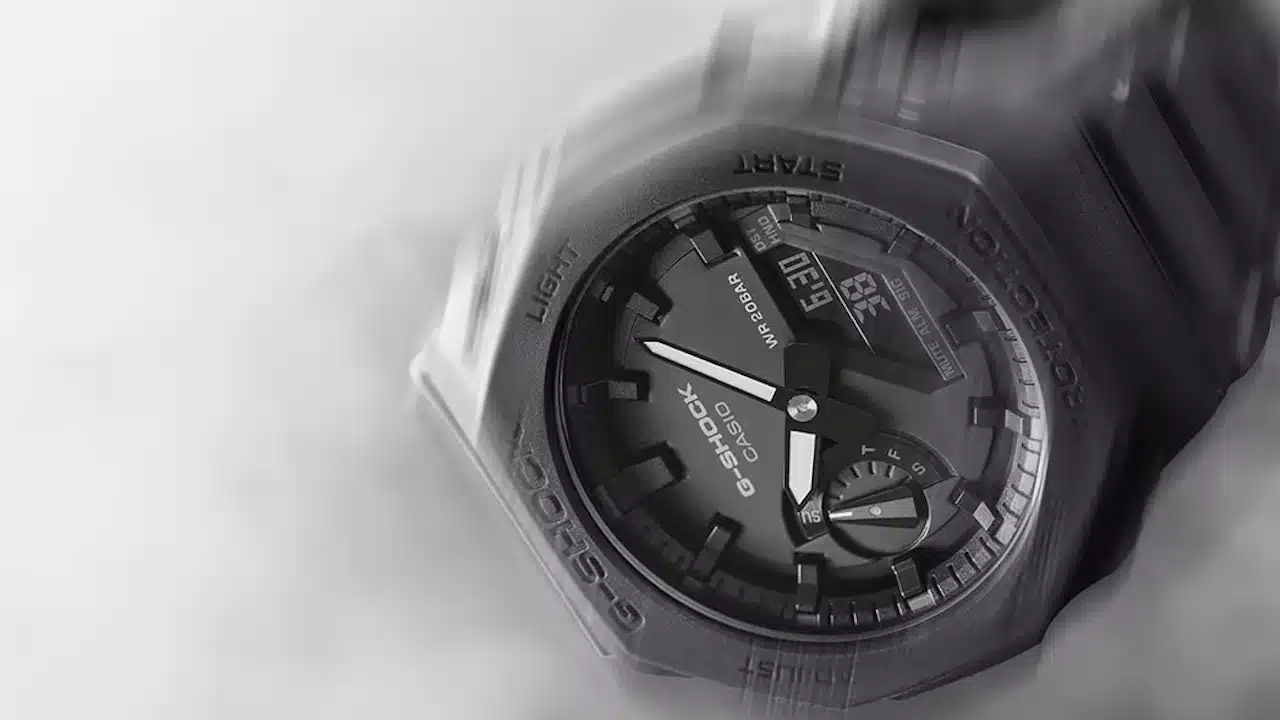
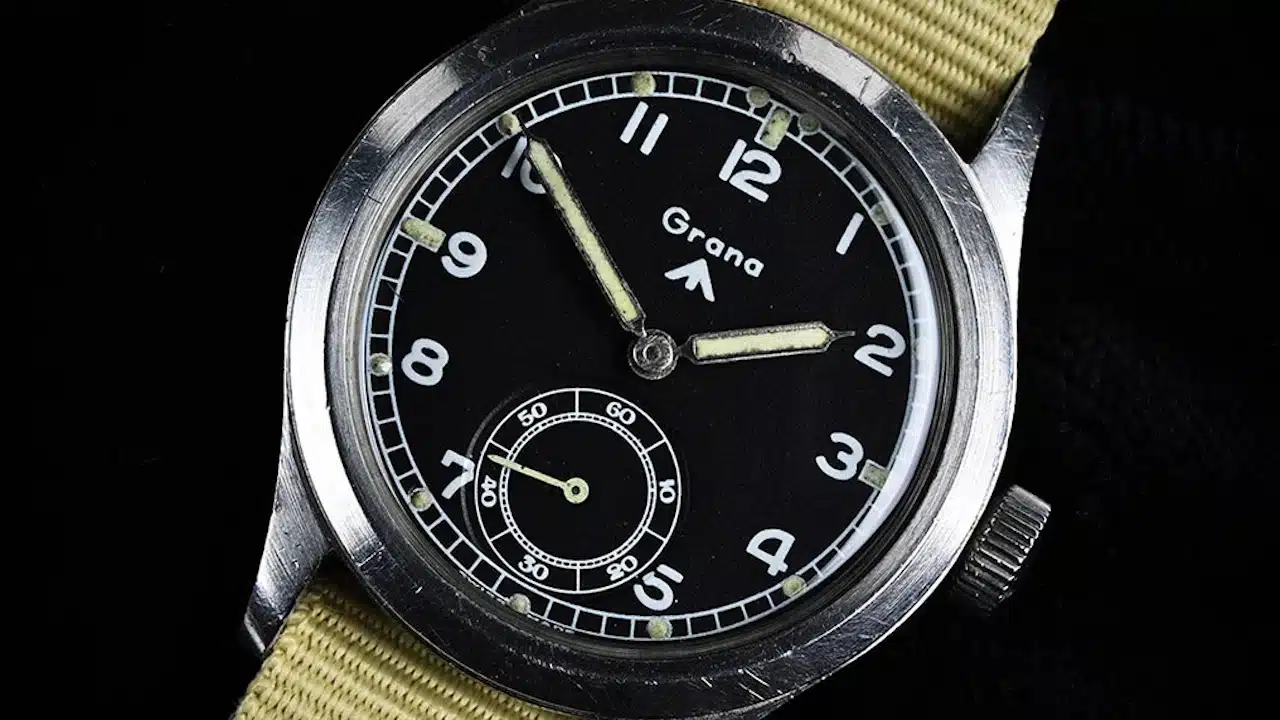
Leave a Reply